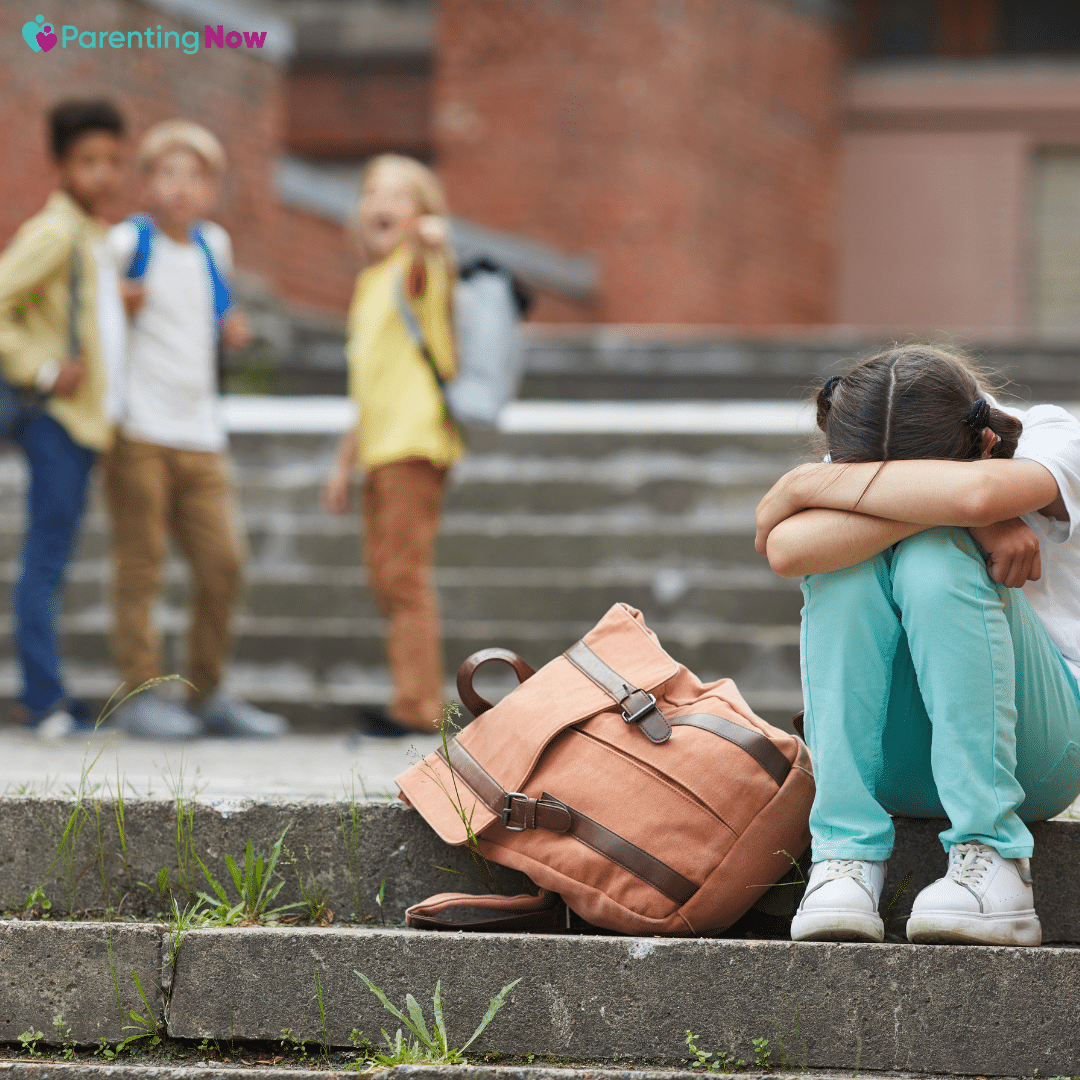Activities
Addressing Bullying: A Guide for Parents


Addressing Bullying: A Guide for Parents
Bullying can have serious effects on a child’s well-being and can impact their attitude towards school. It’s important for parents to be aware of signs of bullying and take action to address it. Here are some suggestions on how to help your child manage bullying and what steps to take if your child is being bullied:
Understanding Bullying
Bullying involves using power to hurt, threaten, or scare others. It can take various forms, including verbal teasing, physical aggression, and exclusion from social activities. Bullying often occurs when several children target one child, causing distress and harm.
Causes of Bullying
Bullying is most common in late elementary school through early high school, as children undergo physical, social, and emotional changes. Some children bully others because they lack problem-solving skills and resort to aggression. Others may bully to gain popularity or fit in with a group. Children who feel bad about themselves may bully others to feel more powerful.
Effects of Bullying
Bullying can lead to embarrassment, shame, fear, and low self-esteem in children. It can also cause physical symptoms such as stomach pains, sleep problems, and anxiety about going to school. Parents may worry about their child’s well-being and struggle with how to address the situation.
Signs Your Child Is Being Bullied
Many children do not openly discuss being bullied. However, there are signs to watch for, including shyness, difficulty expressing thoughts, low self-esteem, anxiety, and avoidance of certain situations or places. Other signs include a decline in academic performance, isolation, torn clothing, lost items, or increased risk-taking behavior.
What to Do If Your Child Is Being Bullied
- Listen to your child: Encourage them to describe what has happened and how often. Ask if it has
happened before and how they have tried to deal with it. - Take action: Talk to the adults in charge where the bullying occurs. The bully may be spoken to,
monitored closely, and helped to find alternative ways to interact. - Create a supportive environment: Let your child know you are there to support them and that
bullying is not their fault. Encourage them to seek help from trusted adults. - Teach coping strategies: Help your child develop coping skills, such as assertiveness and
problem-solving, to deal with bullying situations. - Promote positive relationships: Encourage your child to build positive relationships with peers and participate in activities where they feel supported and valued.
Bullying is a serious issue that requires immediate attention and action. By listening to your child, taking action, and providing support, you can help them manage bullying and navigate their school environment with confidence.
Triple P – Positive Parenting Program
Are you interested in receiving more parenting advice? Triple P Online – Positive Parenting Program
could be for you! This online parenting program allows you to take a parenting class in the comfort of
your own home!
If you live in Lane County, you can get Triple P Online for free by filling out the form on the Triple P page.
A staff person from Activities will send you an access code within 24 hours and you’ll be able to start using the program right away! For more information about the program and to sign up visit the Triple P page.
-

 Destination8 months ago
Destination8 months agoSingapore Airlines CEO set to join board of Air India, BA News, BA
-

 Breaking News10 months ago
Breaking News10 months agoCroatia to reintroduce compulsory military draft as regional tensions soar
-

 Gadgets3 months ago
Gadgets3 months agoSupernatural Season 16 Revival News, Cast, Plot and Release Date
-

 Tech News12 months ago
Tech News12 months agoBangladeshi police agents accused of selling citizens’ personal information on Telegram
-

 Productivity11 months ago
Productivity11 months agoHow Your Contact Center Can Become A Customer Engagement Center
-

 Gadgets3 weeks ago
Gadgets3 weeks agoFallout Season 2 Potential Release Date, Cast, Plot and News
-

 Breaking News10 months ago
Breaking News10 months agoBangladesh crisis: Refaat Ahmed sworn in as Bangladesh’s new chief justice
-

 Toys12 months ago
Toys12 months ago15 of the Best Trike & Tricycles Mums Recommend























